Egg
The Incredible, Edible Egg
Eggs are a staple in many diets around the world. They are a versatile ingredient, used in everything from baking to stir-fry. But beyond their culinary versatility, eggs are also packed with nutritional benefits. Let's crack open the shell and explore the wonders of the humble egg.

Nutritional Powerhouse
Eggs are a rich source of protein, with one large egg providing about 6 grams. But that's not all. They are also packed with essential vitamins and minerals. For instance, they are a good source of vitamin D, which is crucial for bone health, and choline, which supports brain function.
Vitamins and Minerals
One egg contains a variety of vitamins and minerals. These include Vitamin B2 (riboflavin), Vitamin B12, Vitamin A, and Vitamin E. Minerals present in eggs include selenium, phosphorus, and iron. All these nutrients are essential for the proper functioning of our body.

Omega-3 Fatty Acids
Some eggs, particularly those from hens raised on pasture or fed omega-3 enriched feeds, also contain significant amounts of omega-3 fatty acids. Omega-3s are beneficial fats that promote heart health and have been linked to a range of other health benefits, including reducing inflammation and improving mental health.
Culinary Versatility
From a culinary perspective, eggs are incredibly versatile. They can be boiled, poached, scrambled, or fried for a simple meal, or used in recipes for everything from pancakes to pastries. The egg is a key ingredient in many cuisines, showcasing its universal appeal.

The Role of Eggs in Baking
Eggs play multiple roles in baking. They add structure, leavening, color, and flavor to cakes, cookies, pastries and more. The proteins in eggs help provide the structure, while the fats contribute to the flavor and richness.
Conclusion
In conclusion, the egg is more than just a breakfast staple. It is a nutritional powerhouse and a culinary hero. So the next time you crack open an egg, know that you are about to enjoy one of nature's most perfect foods.
